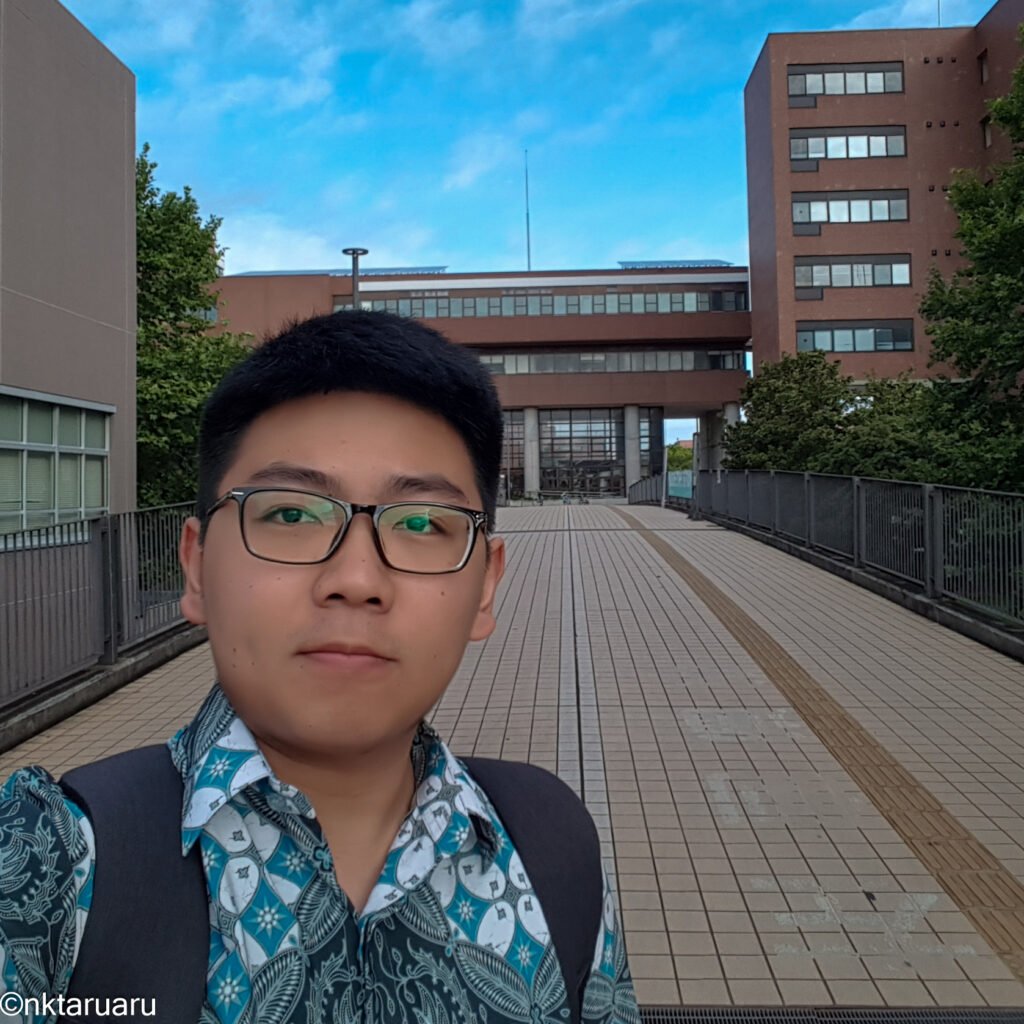In this post, I will share the mandatory procedures that must be done by newcomers to Japan. As an example, I will use the services at Tsukuba City Hall, but this procedure also applies in other cities with slight variations.
Registering Your Address
The first procedure you need to complete is registering your residential address. The process is quite simple: you need to take a queue number, fill out the address registration form, and submit the required documents. The documents you need to prepare include your passport, residence card (在留カード), and your confirmed new address. It’s important to remember that you must register your address within 14 days after moving to your new place.
Reporting a change of address is crucial because all civil documents and official notices will be sent to the registered address. These documents could include your health insurance card, city magazine, pension information, health checkup tickets, and even financial aid from the government. Therefore, make sure to report your new address promptly so you can fully benefit from the facilities provided by the government.
I once had an experience where I went to the city hall before I had the keys to my new apartment, even though I was certain I would be living there. For example, if your apartment contract starts on April 1st, but you go to the city hall at the end of March, your application will be rejected. Make sure you only register your address after you’ve officially moved in.
At Tsukuba City Hall, there is a special booth for foreign residents. If you can speak a little Japanese, the process will be faster. However, don’t worry if you can’t, as the staff there can also speak English, and there are non-Japanese staff ready to help. I really appreciate the kindness of the staff at Tsukuba City Hall, and they will assist you as much as possible.
After completing the address registration, you will be guided to register for the National Health Insurance (NHI).
National Health Insurance (NHI)
The next important part is health insurance. Japan has an excellent healthcare system, and here I will focus on National Health Insurance (NHI). NHI will cover a large portion of medical costs, including clinic visits and medications, so you only need to pay 30% of the total cost.
You might be wondering, how expensive is health insurance in Japan? The cost of insurance in Japan is based on your income. As an estimate, you may need to pay around 10% of your gross annual income for NHI. However, for those with low incomes, such as students receiving scholarships, the insurance fee can be reduced to about 15,000 yen per year.
While health insurance costs may seem high at first, once you experience its benefits, you will realize how important it is to have insurance. From my personal experience, when I went to the dentist for fillings, I only paid about 20,000 yen for a total of 10 visits. Without insurance, this cost could have been much higher. I recommend taking advantage of the insurance by visiting the dentist at least twice a year for routine check-ups and plaque cleaning.
Additionally, every year you will receive a letter inviting you to take a free annual health checkup. This is a great opportunity to check your overall health.
I also have a friend who had to undergo surgery in Japan. Although surgery is usually associated with high costs, with NHI, there is a maximum limit to the amount you need to pay, so it doesn’t burden the patient too much.
In conclusion, health insurance in Japan is very beneficial and will not leave you feeling short-changed. Since healthcare costs become more affordable, take advantage of the insurance by visiting a doctor if you have any health concerns. Preventing is better than curing, so get yourself checked before health problems become more serious.
I will provide more information about NHI or health insurance in a future post.
Conclusion
In essence, the main procedures you need to complete as a newcomer are registering your address and National Health Insurance (NHI). Once everything is done, you will be allowed to go home. Most likely, during your first time completing this procedure in Japan, you will also be advised to apply for a My Number Card. Make sure to ask about this card, as it is very important and can simplify many things in the future. I will explain more about the My Number Card in a future post.


